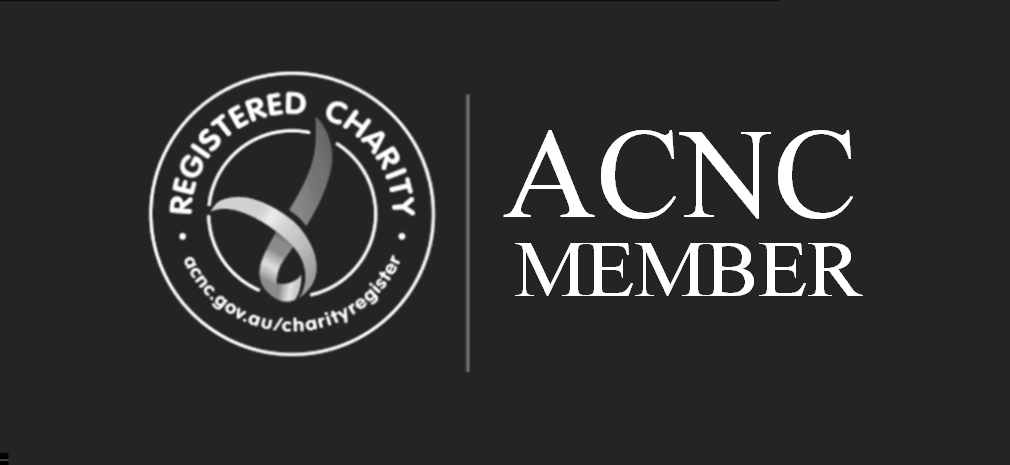.
A Conflict of Interest is defined as a situation in which a person is in a position to derive personal benefit from actions or decisions made in their official capacity. Conflicts of Interest are explicitly contrary to DAISI’s not-for-profit or personal gain policy
.
POLICY
1. Conflict of Interest
- DAISI is committed to fostering ethical awareness, conduct and decision-making. All DAISI’s members and staff must be mindful that their actions and decisions are lawful, consistent with DAISI policies and do not involve any conflict of interest.
- Aside from contractors’ or salaried employees with an agreed remuneration, DAISI members and volunteers may not make a financial gain as a result of working with DAISI. DAISI members, volunteers and employees must not grant favourable treatment to contractors or suppliers.
- DAISI members, volunteers and employees may accept personal gifts on behalf of DAISI. Any offer of an in-kind donation with a value greater than $100 must be discussed with the Chairperson. If approved and accepted, the details will be noted on the Asset
- Register. All gifts of money or in-kind donation must be entered in the Asset Register as a donation to DAISI.
- As DAISI is a small NGO, Board members and Office Bearers may agree to assist in the DAISI office in areas of their expertise in a voluntary capacity. The DAISI Chair and Secretary will coordinate their volunteer work as they would for the work of any other staff.
- Each staff member must be mindful of his or her duty of care to DAISI. Any DAIS member, volunteer or employee must have the express approval of the Board of Directors to enter into a contract or other obligation for or on behalf of DAISI
2. Conflict of Interest Procedures
- The following sets out guidelines on best practice to deal with conflicts of interest.
- Where goods or services are provided by DAISI members or volunteers, a proper tendering process should be established which includes obtaining at least three competitive quotations.
- A Board Director or Office Bearer should excuse himself or herself from Board proceedings at meetings where decisions are taken which may be of benefit to the Director or Office Bearer or a member of the Director’s or Office Bearer’s family (including family companies and family trusts).
3. Declaration of Conflicts of Interest
- Declaration of Conflicts of interest is a standing item at all DAISI Board and Committee meetings.
- Where it is intended that a Director or Officer Bearer or Member receives a salary, fee or some other benefit (other than reimbursement of reasonable out-of-pocket expenses), prior approval must be obtained from the Board and from the ACNC.
- A person should not accept the office of auditor where he/she serves on the Board , is an Officer Bearer, or member of DAISI.
- It is recognised that from time to time conflicts of interest are unavoidable. In such cases, a full and frank disclosure of the conflict must be reported promptly after it has arisen or first been identified and appropriate measures adopted.
4. Conflict of Interest Definition
- A conflict of interest exists where a reasonable and informed person would perceive that a person could be influenced by a private interest when carrying out his or her public duty.
- Examples of pecuniary conflicts of interest are as follows.
- Goods and services are supplied to the organisation by a person involved with DAISI. The person may also benefit if the supplier is a family business or family company or trust.
- Alternatively, there may be direct benefit to another member of the person’s family.
- An asset belonging to DAISI is sold to a person working for DAISI
- A Director of DAISI is in receipt of a salary, fee or some other benefit (other than reimbursement of reasonable out of pocket expenses).
- Examples of non-pecuniary conflicts of interest are as follows.
- A Director of DAISI votes on a matter which directly affects that person, a member of his or her family or a company or trust owned by him or her or a member of his family.
- The auditor or other professional retained by DAISI is a Director, Office Bearer or member of DAISI or related to a member of the Board.
- The auditor acts on behalf of two clients which have common dealings.
5. Dealing with a Conflict of Interest
- If appropriate, a conflict or possible conflict of interest must be declared at the outset of the first meeting after the conflict or a possible conflict has arisen or been identified.
- If the matter occurs away from a meeting, it must be promptly and fully disclosed in writing to the Chairperson and/or Secretary.
- The person involved must excuse himself or herself if such a matter is discussed, debated or determined by the DAISI Board.
- All DAISI staff must be mindful of real or apparent conflicts of interest and if necessary seek advice from the Chair, Secretary and/or CEO to avoid/rectify the perceived or real conflict.
.



